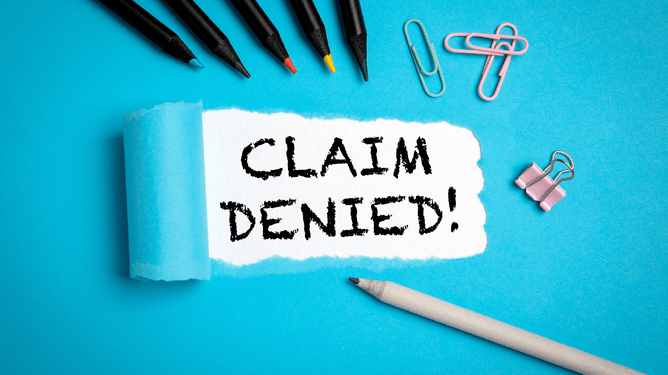Three Reasons why Insurance Companies don’t pay Claims
Let’s discuss everyone’s fear when it comes to buying Insurance ---> “The insurance companies will find any excuse not to pay claims”.
This fear mostly surfaces from media portrayal of Insurance companies being the big bad bullies. In 2017, $1.33 BILLION were paid out in claims from Life Insurance products. I’m not here to defend Insurance companies, but to provide you with some middle ground with some education to shed light on this topic. Whenever you hear a story in the news about some titan Insurance company not paying out, it generally comes down to these three factors:
The incident/illness/disability is not in Black & White
The incident/illness/disability is not in the Policy wording to begin with. When you take out Insurance, your contract with them is essentially the policy document. This is where information about everything that will be covered or not-covered, and the circumstances of cover etc will be located. If what you’re trying to claim isn’t present in the policy, then there is no legitimate claim. End of story.
By law – Life Insurance companies must give you a minimum of 14-days to decide whether the policy is for you or not. During these 14-days you should read through the policy document to understand what’s being covered. If you don’t like what you see, you can cancel the policy and get your premiums refunded (within the 14-day window).
You did not meet the Policy Criteria
Let’s take “Heart attack” as an example. The definition of “Heart attack” varies between companies. Loosely put, the less requirements needed to prove what a heart attack is, the more likely you're going to be able to lodge a successful claim. These requirements are all in the policy wordings. Just a word of warning that these standards are reasonably high. Reason being? Insurance is designed as a means of compensation for loss, not for enrichment. If Insurers had to pay money for an episode that you can recover from in two weeks, then there wouldn’t be such thing as Insurance to begin with. Or else all the insurers would go bust OR premiums would be ridiculously expensive. Insurance is designed to pay out for life threatening or serious conditions.
The biggest mistake people make is assume that the meaning of certain diseases or events are the same between all companies. Do your research or speak to a good adviser. Insurance Advisers have access to research tools that allow them to see which companies have the best definitions. By saying “best”, I mean the definition that will most likely to result in a claim. Don’t buy the cheapest policy, buy the policy with the best definitions.
You didn’t disclose material information
This is by the far the worst offender and why most claims are rejected. I can sympathise for those who fail to understand the first two points above and are unsuccessful in making a claim. However, I have little sympathy for those that purposefully fail to give honest information at the beginning of the application process. By law, you must disclose everything on your medical history to an Insurance company and if you don’t disclose material information – they DO NOT have to pay claims. I agree that people can forget about their medical history - therefore to avoid this issue do the following:
To avoid non-disclosure, I highly recommend that you submit your medical notes with your application so that the Insurer has the full picture upfront. If you don't want to submit medical notes - get a copy of your medical history notes and read it thoroughly.
If you disclose pre-existing condition(s) and the Insurance company excludes it – so what? There are hundreds of other things that can go wrong with your body that can still get covered. At the very least, you will know what's excluded upfront and avoid anger and outrage at claim time.
There are other factors that can result in a failed Insurance claim but the above three are the main ones that we see repeatedly. If you don’t know what you’re doing before getting Insurance, speak to an Adviser. Insurance Advisers don’t usually charge for their time so take advantage of that.
Disclaimer
The contents of this article are for information-only and may express the opinion of the writer. This article is not be taken as personalised financial advice, as everyone’s situation is different. Please always seek advice from a financial adviser before making any decisions with your personal and/or business finances.



